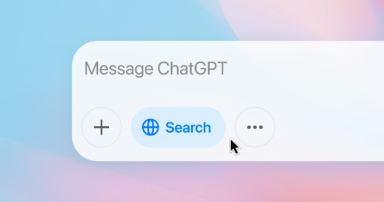FutureHouse Launches AI Tools for Scientific Advancement
FutureHouse, a non-profit backed by Eric Schmidt, has launched a platform and API featuring AI-powered tools designed to accelerate scientific work. The organization's goal is to build a functional "AI scientist" within the next decade.
This launch comes amidst a surge of AI research tools entering the scientific domain, with significant investment from venture capitalists and tech giants like Google. However, many researchers remain skeptical about the current utility of AI in guiding scientific processes due to concerns about reliability.
Introducing Crow, Falcon, Owl, and Phoenix
FutureHouse's platform offers four key AI tools:
- Crow: Searches scientific literature and answers related questions.
- Falcon: Conducts deeper literature searches, including scientific databases.
- Owl: Identifies prior research in specific subject areas.
- Phoenix: Assists with planning chemistry experiments.
Today, we are launching the first publicly available AI Scientist, via the FutureHouse Platform. Our AI Scientist agents can perform a wide variety of scientific tasks better than humans. By chaining them together, we've already started to discover new biology really fast.
— Sam Rodriques (@SGRodriques) May 1, 2025
FutureHouse claims its AI tools access a vast corpus of high-quality open-access papers and specialized scientific tools, offering transparent reasoning and a multi-stage process for evaluating sources. The company believes chaining these AI tools together can significantly accelerate scientific discovery.
Challenges and Limitations
Despite the promise, FutureHouse has yet to achieve a scientific breakthrough using its AI tools. Developing a true "AI scientist" requires anticipating numerous confounding factors. While AI can assist with broad exploration and narrowing down possibilities, its capacity for out-of-the-box problem-solving remains unclear.
Previous results from AI systems in science have been underwhelming. For instance, while Google claimed its AI, GNoME, helped synthesize 40 new materials, an independent analysis found none were truly novel.
Furthermore, AI's technical limitations, including the tendency to "hallucinate" or generate incorrect information, make scientists hesitant to fully embrace it for critical research. Even well-designed studies could be compromised by AI's inaccuracies.
FutureHouse acknowledges the potential for errors, particularly with its Phoenix tool, and encourages user feedback for ongoing improvement.
The company emphasizes a "rapid iteration" approach and welcomes feedback on its platform.






